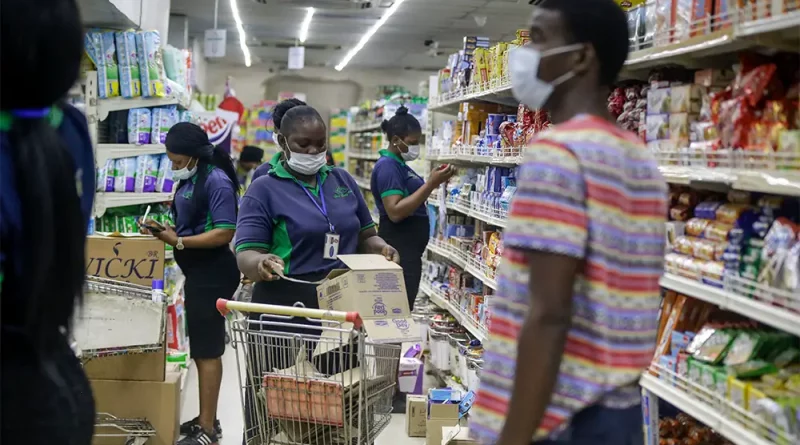FCT Residents Stock up Foodstuff, Others Ahead of Polls
Following uncertainty over the upcoming polls, residents of the Federal Capital Territory (FCT), are buying and stocking up food items, and other household necessities before Saturday’s 2023 Presidential Election.
Speaking to the News Agency of Nigeria (NAN), on Thursday in Abuja, a resident, Mariam Okoko, said she had stocked up essential foodstuff such as rice, beans, garri and provisions, that would last for a week or more.
“I am buying what will last me for a week or two, you know Naira notes are scarce these days,” Okoko said.
According to another resident, Madam Gloria John, since no one knows what the aftermath of the elections will be, it is better to be prepared.
“Nobody knows what will happen after the elections, so it is better to be prepared than to be stranded,” John said.
NAN observed that apart from foodstuff, residents were also seen buying toiletries, as well as cooking gas and other essentials.
Mrs Enenu Mathias said she had to buy extra cooking gas as a back-up in case of any emergency.
“I am buying food items and other household supplies because I do not want my family to go hungry during the election period,” Mathias said.
She, however, expressed enthusiasm about the Saturday elections, saying she was ready with her Permanent Voter Card (PVC), and looking forward to casting her votes
Mr Hillary Obinna, who also spoke to NAN, said he had already bought fuel for his generator and car, in case there was any issue with power.
A NAN correspondent, who visited some markets, reports that prices of food were inconsistent as some had gone up, others had crashed, while some were still the same.
A kilogramme of chicken that was sold for N1700, now sells for N2,000 to N2,500, while a measure of garri, which sold for N200, now sells for N350 to N500.
Also, a measure of white beans is now N1,000 as against N800, while a bunch of plantain, depending on the size, is between N3,500 and N4,000, as against N2,500.
Other food items which increased in prices include Irish potatoes, fish, vegetables and beef, among others.
On the mode of payment for the purchases as a result of the naira crunch, NAN observed that most buyers used the electronic banking channels, such as transfers and POS (Point Of Sale) machines.
NAN further reports that many residents were seen queuing up in banks to ensure they have small cash at hand.
End

